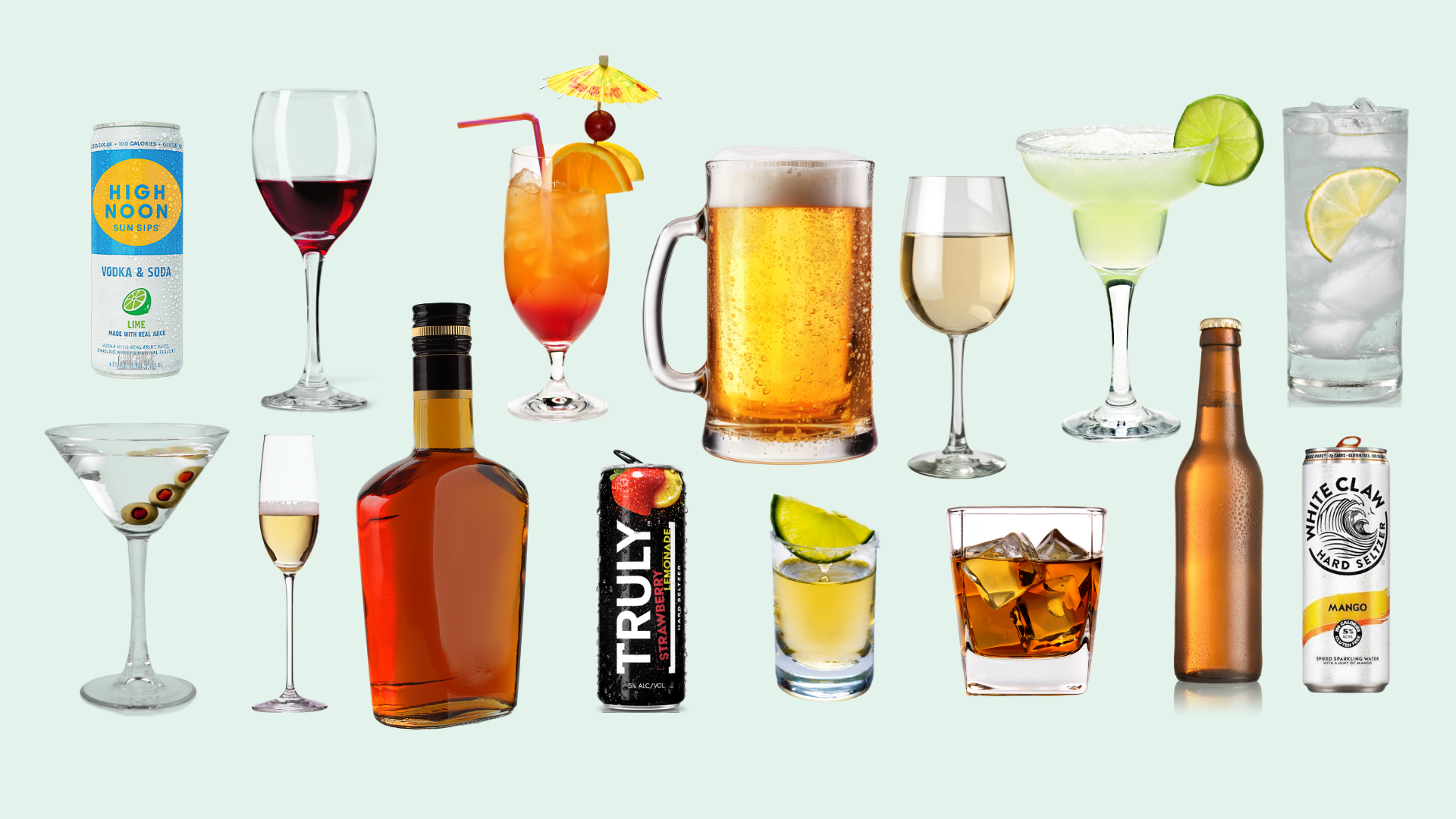What Are the Signs of Alcohol Addiction?
Alcohol addiction, clinically referred to as an alcohol use disorder (AUD), is characterized by a persistent pattern of uncontrolled alcohol consumption despite the adverse consequences it inflicts on various aspects of life. While the signs and symptoms can vary from person to person, several telltale indicators may suggest an individual is struggling with alcohol addiction. Some signs include:
- Inability to control alcohol intake
- Persistent cravings and preoccupation
- Continued use despite negative consequences
- Tolerance and withdrawal symptoms
- Neglecting important activities
What Are the Characteristics of Alcohol Addiction?
Alcohol addiction is a complex condition that can manifest in various ways, depending on the individual’s circumstances and patterns of alcohol use. Understanding the characteristics of alcohol addiction can aid in early recognition and intervention.
Binge Drinking and Heavy Drinking
Binge drinking, defined as consuming a large amount of alcohol in a short period (typically four or more drinks for women and five or more for men within two hours), and heavy drinking, characterized by consuming excessive amounts of alcohol regularly, are common patterns associated with alcohol addiction.
Inability to Abstain or Moderate
Individuals with alcohol addiction often struggle to abstain from drinking or moderate their alcohol consumption, even when they have a sincere desire to do so. This inability to control their drinking can be a frustrating and demoralizing experience.
Prioritizing Alcohol Over Other Responsibilities
As alcohol addiction takes hold, individuals may prioritize obtaining and consuming alcohol over other essential responsibilities, such as work, family obligations, or personal hygiene and self-care.
Engaging in Risky Behaviors
Alcohol addiction can impair judgment and decision-making abilities, leading individuals to engage in risky behaviors, such as driving under the influence, practicing unsafe sex, or engaging in violent or criminal activities.
Denial and Rationalization
Denial and rationalization are common defense mechanisms employed by individuals with alcohol addiction. They may downplay the severity of their drinking or justify their behavior, making it challenging for them to acknowledge the problem and seek help.
What Are the Effects of Alcohol Addiction?
Alcohol addiction can have far-reaching and devastating effects on an individual’s physical, mental, and emotional well-being, as well as their personal and professional relationships.
Physical Health Consequences
Physical health problems that arise from alcohol addiction can include
- Liver disease
- Pancreatitis
- Cardiovascular issues
- Cancer
- Brain damage
Alcohol addiction can also weaken the immune system, making individuals more susceptible to infections and illnesses.
Mental Health and Emotional Wellbeing
Alcohol addiction can have a profound impact on mental health and can contribute to the development or exacerbation of conditions such as
- Depression
- Anxiety
- Mood disorders
- Emotional instability
- Mood swings
- Difficulty in regulating their emotions
Relationship and Social Consequences
Alcohol addiction can strain personal and professional relationships, as individuals may become unreliable, emotionally unavailable, or engage in behaviors that damage trust and intimacy. Social isolation and withdrawal from social activities are also common consequences of alcohol addiction.
Financial and Legal Issues
Excessive alcohol consumption can lead to financial difficulties, as individuals may prioritize spending on alcohol over other essential expenses. Additionally, alcohol-related legal issues, such as driving under the influence (DUI) charges or public intoxication offenses, can result in costly fines, legal fees, and potential jail time.
Cognitive and Memory Impairment
Alcohol addiction can impair cognitive function and memory, making it difficult for individuals to concentrate, learn new information, or recall important details. Long-term alcohol abuse can also increase the risk of developing conditions like Wernicke-Korsakoff syndrome, a form of brain damage characterized by severe memory loss and confusion.
Is Binge Drinking the Same As Alcoholism?
While binge drinking and alcohol addiction (alcoholism) are closely related, they are not synonymous. Binge drinking refers to a pattern of excessive alcohol consumption within a short period, typically defined as consuming four or more drinks for women and five or more for men within two hours. This behavior can lead to dangerous levels of intoxication and increase the risk of alcohol-related injuries, accidents, and other negative consequences.
On the other hand, alcoholism, or alcohol addiction, is a chronic and progressive disease characterized by a physical and psychological dependence on alcohol. Individuals with alcoholism may engage in binge drinking, but their addiction extends beyond occasional episodes of excessive drinking.
It’s important to note that while not all binge drinkers will develop alcoholism, binge drinking can be a precursor or warning sign of alcohol addiction. Repeated episodes of binge drinking can lead to the development of tolerance, dependence, and, ultimately, alcoholism.
How to Get Help for Alcohol Addiction
Recognizing the signs of alcohol addiction and seeking help is a crucial step toward recovery. Various treatment options are available, ranging from inpatient rehabilitation programs to outpatient counseling and support groups.
Seeking Professional Help
The first step in getting help for alcohol addiction is to seek professional assistance. This may involve consulting with a primary care physician, a mental health professional, or an addiction specialist. These professionals can conduct a comprehensive evaluation, diagnose the severity of the addiction, and recommend appropriate treatment options, some of which are listed below.
- Detoxification and withdrawal management
- Inpatient and outpatient treatment programs
- Medication-assisted treatment
- Support groups and aftercare
Joining support groups, such as Alcoholics Anonymous (AA) or SMART Recovery, can provide a sense of community, accountability, and ongoing support throughout the recovery journey. Aftercare programs, which may include sober living arrangements, continued counseling, and relapse prevention strategies, can help individuals maintain their sobriety and prevent relapse.

